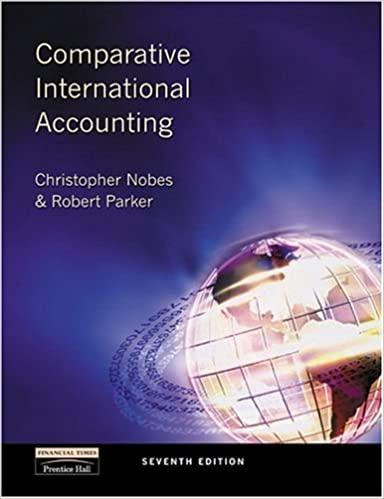Harmon Recycling Services (HRS), a not-for-profit organizotion, has two drop-off centers, Westside and Eastside. The company is considering using a two-stage cost allocation system and wants to assess the effects on reported product profits. More detalled financlal information for HRS follows: The company plans to use Clients to allocate user-related costs and Staff Costs to allocate staff-related costs. An accounting student from the local college working on o reloted project at HRS as a part of a course, suggested a further revision after an analysis of the general operating occounts. Specifically, the student suggested that the staff-related costs should be separated into two cost pools instead of one. One pool would be allocated based on staif hours and the other pool allocated based on staff costs The general operating costs could be summarized as follows: Required: a. Compute the predetermined overhead rate used to apply the three general operating cost pools to the two center (Eastside and Wostside) assuming HRS uses the the students proposed two-stage cost system to allocate general operating costs. equired: . Compute the predetermined overhead rate used to apply the three general operating cost pools to the two center (Eastside and Westside) assuming HRS uses the the student's proposed two-stage cost system to allocate general operating costs. b. Based on the rates computed in requirement (a), what is the surplus (revenues minus costs) for each service? Complete this question by entering your answers in the tabs below. Compute the predetermined overhead rate used to apply the three general operating cost pools to the two center (Eastside and Westside) assuming HRS uses the the student's proposed two-stage cost system to allocate general operating costs. Note: Round your answers to 2 decimal places. The general operating costs could be summarized as follows: Required: a. Compute the predetermined overhead rate used to apply the three general operating cost pools to the two center (Eastside and Westside) assuming HRS uses the the student's proposed two-stage cost system to allocate general operating costs. b. Based on the rates computed in requirement (a), what is the surplus (revenues minus costs) for each service? Complete this question by entering your answers in the tabs below. Based on the rates computed in requirement (a), what is the surplus (revenues minus costs) for each service? Note: Do not round intermediate calculations, Negative amounts should be indicated by a minus sign









